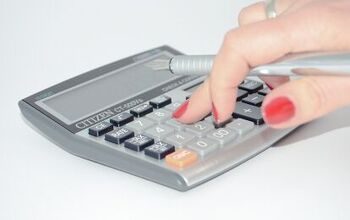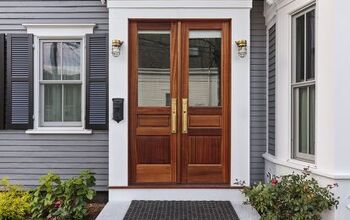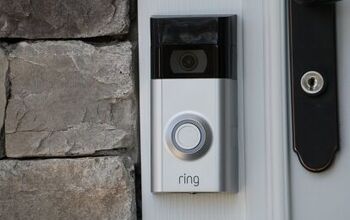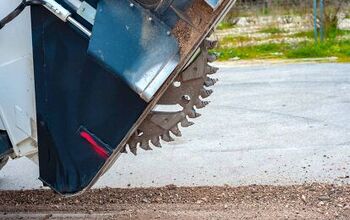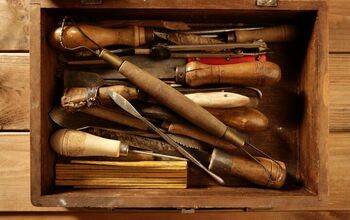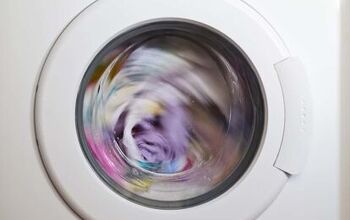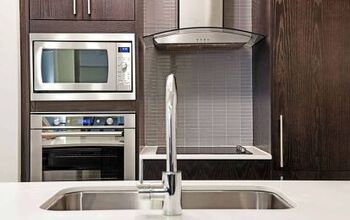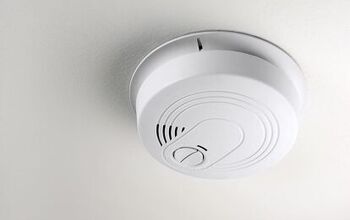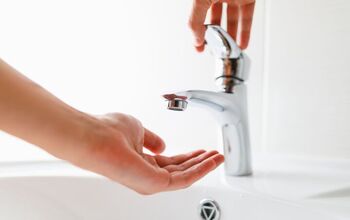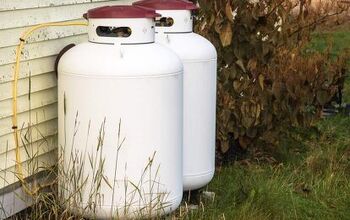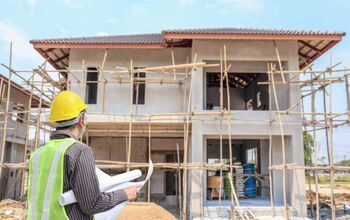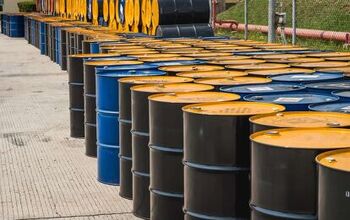Who Is Responsible For Clogged Drains? The Tenant Or Landlord?

When I first got an apartment of my own, I didn’t know what to expect as far as responsibilities go. Even something as simple as fixing a pipe scared me, simply because I didn’t know if I was even supposed to fix my stuff. The division of responsibilities between landlord and tenant can be perplexing. Let’s talk about clogged drain responsibilities!
Unless you were purposefully clogging your drains, the landlord is going to be responsible for fixing the clogs you get. If a landlord can prove that you were clogging the drains maliciously, the repairs will be your responsibility.
It’s kind of crazy to think how much a single drain can change the way your home functions. However, you still need to be aware of what your landlord should be willing to do.
Do You Need Drain Cleaning Services?
Get free, zero-commitment quotes from pro contractors near you.

Who Is Responsible For Clogged Drains In An Apartment?
The landlord is generally in charge of fixing all clogged drains that can occur in their rental units. This includes your kitchen drain, the shower drain, as well as the drain to your toilet or bathroom sink. The landlord’s responsibility is to keep your home in decent repair, and that means making sure your drains function well. This is the go-to agreement on drain clogs.
In some states, the tenant can be required to fix clogged drains. It all depends on the style of landlord agreement that your particular apartment uses. Though some areas will allow landlords to push regular clogs onto tenants, almost all states will allow landlords to charge tenants for clogs that are not caused by regular usage.
Why Would A Landlord Prefer To Fix All Clogged Drains?
Some landlords prefer to fix all the drain clogs in their apartments, even if they technically wouldn’t be legally required to do so. This is because landlords have a bigger stake in keeping their apartments well-maintained. Tenants might make mistakes in repairs or just cut corners.
When landlords do all the drain fixes, they know the full status of the plumbing in their apartments. Tenants like this because they don’t have to pay. Meanwhile, landlords enjoy keeping their apartments in mint condition on their terms. It’s a win-win.
Why Would A Landlord Choose To Place Responsibility On The Tenant?
While most landlords prefer to do the repairs themselves, some prefer to shift as much of the responsibility onto tenants as legally possible. There are perks to this too. More specifically, doing this saves the landlord money. They don’t always have to hire a maintenance crew to unclog all those drains with this management style.
If the tenant makes a major mistake or causes damage, this model will have the tenant pay the damages. They cause the damage, they fix it.
When Are Clogged Drains The Responsibility Of The Tenant?
Though your landlord is generally the one you should call when a drain is clogged, there are very special circumstances where the clogged drains are the responsibility of the tenant. These situations below suggest that you might have to fix it yourself or pay for repairs:
- You didn’t maintain your drains very well. All that hair that falls down the drain needs to be fished out. That kind of clog is something that a landlord is not required to fix in some states. Many landlords still prefer to clean hair out of drains, simply because it lowers the landlord’s risk of having to repair accidental damage done by “crafty” tenants.
- You’ve been abusing your drains. “Abuse” can mean a number of different things. It could mean that you have been flushing diapers or maxi pads down the toilet. It also could mean pouring caustic materials down your drain without rinsing them. Or it could mean that you jammed a snake through the pipes and cracked the pipe. You get the gist, right?
- Your kids decided to see what can fit down your toilet. Look, we all know kids do weird things with toilets. If your kid damages your toilet, you are most likely going to be responsible for repairs. (Of course, some landlords are more understanding.)
- For one reason or another, you decided to actively damage your drains. This is often the case with evictions.
How Can You Tell Where Your Responsibilities Lie?
Though we laid out general guidelines that most landlords use, the truth is that there’s an easier way to find out the clear-cut responsibilities that you have as far as your plumbing goes. I’m talking, of course, about looking at the rental agreement. It’ll have all the details in there.
What Should You Do If You Have A Clog In Your Drain?
The best thing that you should do is call your landlord. They’ll tell you whether it’s time for some Drano, or if it’s time for them to get a maintenance crew to help you unclog your drain. Timeliness on this matter is key. In most lease agreements, reporting apartment issues is a main part of keeping your lease intact.
How Often Should You Try To Clean Your Drain?
Preventative measures should be taken if you want to make sure to keep your apartment in tip-top shape. In many cases, you can ask your landlord what they would suggest for cleaning a drain. Once they give you their advice, it’s best to stick to their preferred method.
If you want to use a simple enzyme cleaner, you can usually do it once a month and see great results. As far as hair clogs go, it’s often best to use a manual hair remover or catcher to prevent your hair from getting down there in the first place. A little bit of prevention can go a long, long way.
Can A Landlord Charge You For Damage After An Overflow?
This actually depends on whose responsibility the clog repair happens to be. If you caused an overflow as a result of trying to fix a clog on your own, then you are probably going to be liable for the damage. The same can be said if you intentionally caused a clog that resulted in an overflow.
On the other hand, if your landlord fixed the clog and an overflow caused damage, your landlord is the one to blame. As a result, the landlord will have to fix the issues that got sparked by bad plumbing. It makes sense for your landlord to do it right the first time, don’t you think?
Do You Need Drain Cleaning Services?
Get free, zero-commitment quotes from pro contractors near you.

Related Questions
Is Drano actually bad for drains?
It can be, but it’s all about how it’s used. Many apartment owners have banned the use of Drano as a tool for cleaning and maintaining drains. When used properly, it’s harmless. The problem is that many renters tend to leave Draino in their drains for too long. This eventually eats away the plumbing.
What can a landlord do if the tenants destroyed their plumbing beyond repair?
If your tenant has decided to do something that completely annihilated your entire plumbing (like pouring concrete down the toilet), then your best shot is to call your insurance company and file a claim. Then, you may want to consider pressing charges against them for vandalism and taking them to court for a lawsuit.The best thing that you can do, though, is to contact a real estate attorney to determine what you can do in your situation. In most cases, they will be able to tell you what the best course of action is going to be.
Is there any moment when the landlord could be automatically held liable for repairs?
If there is ever a moment where a tenant’s apartment was damaged as a result of negligence, the landlord is going to be automatically held liable for the repairs. In situations where a tenant gets injured or loses property due to negligence from the landlord, the landlord will automatically be liable for damages.
Related Guide

Ossiana Tepfenhart is an expert writer, focusing on interior design and general home tips. Writing is her life, and it's what she does best. Her interests include art and real estate investments.
More by Ossiana Tepfenhart



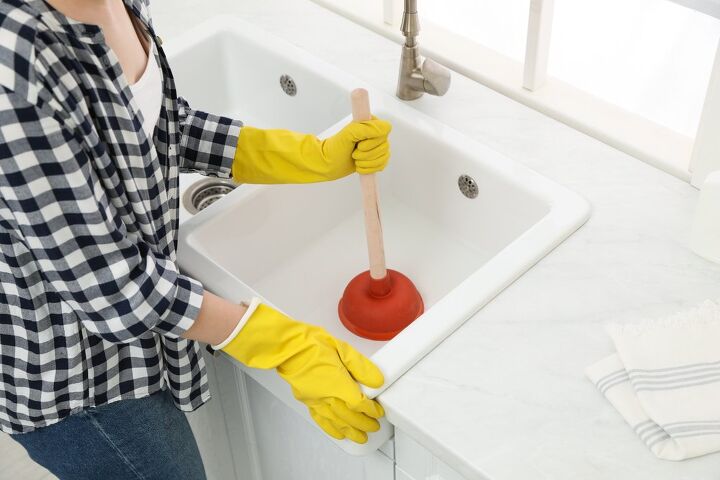
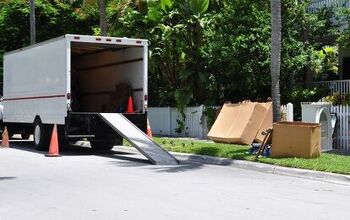





![How Much Weight Can a 4×4 Support Horizontally? [It Depends!]](https://cdn-fastly.upgradedhome.com/media/2023/07/31/9070333/how-much-weight-can-a-44-support-horizontally-it-depends.jpg?size=350x220)
